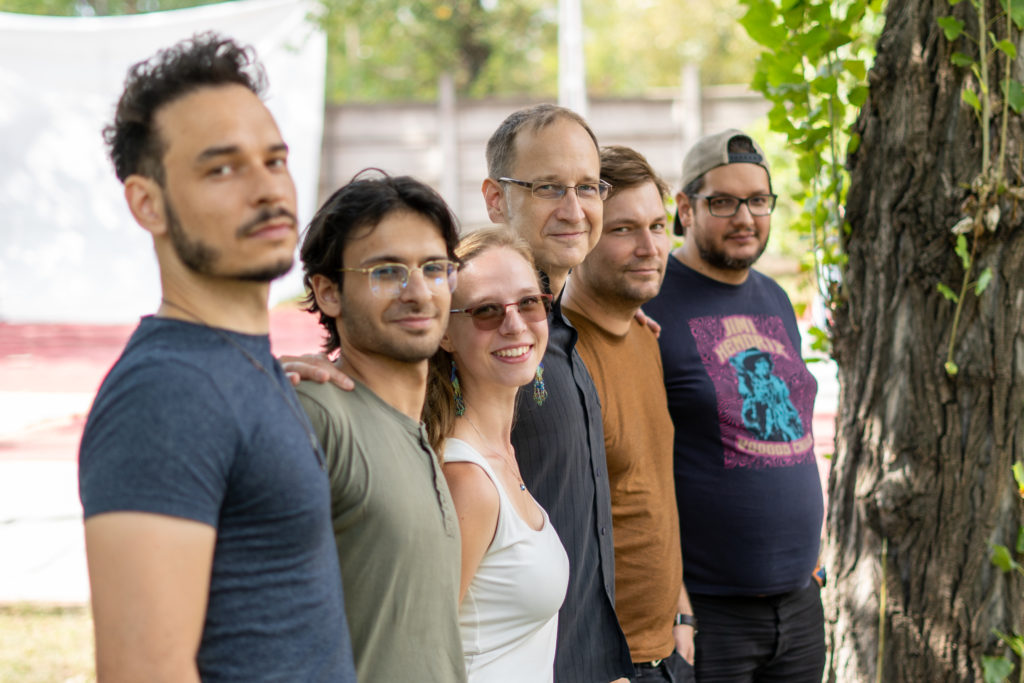
2024 04 19. 18:30
A Tan Kapuja Buddhista Főiskola Szertartásterme
- Események
2024. április 19-én igazán különleges eseménynek ad otthont Főiskolánk. Két volt hallgatónk (Csadó Attila és Sántik Zsuzsanna) is fellép a Szertartásteremben, ahol a Csadó Attila és a madárkák zenekar ad izgalmasnak ígérkező koncertet.


